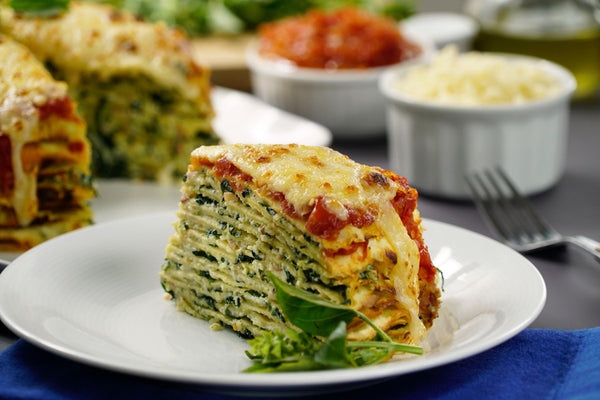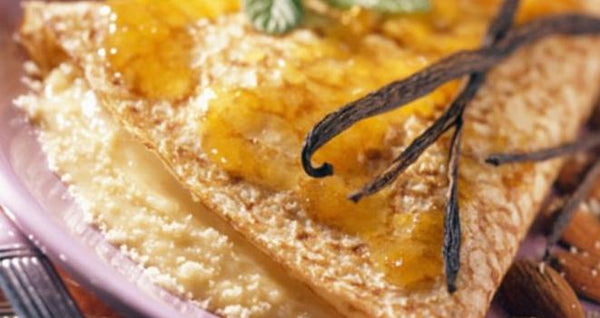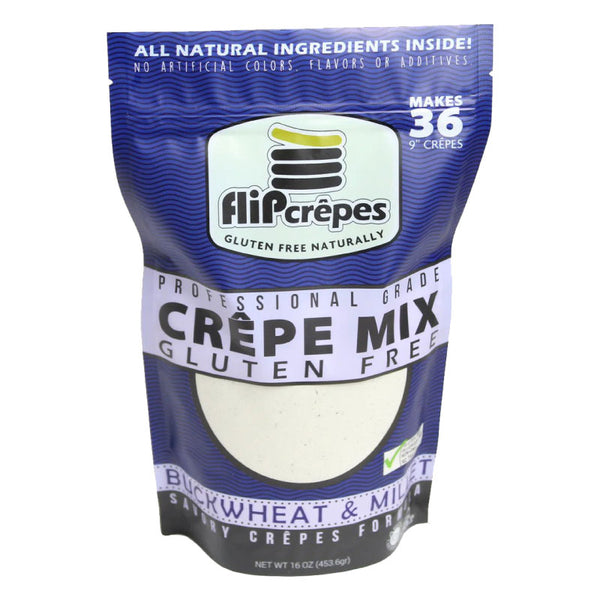Buckwheat crêpes, also known as galettes, have become a beloved staple in Breton cuisine, and in France as a whole. But did you know that buckwheat actually originated in Asia, and was brought to Europe via Russia? Here's a brief history of how buckwheat became a popular ingredient in French cooking, with references from books and authors.
Buckwheat is technically a seed that is part of the rhubarb family, and has been cultivated for thousands of years in Asia, particularly in the Himalayan region. The plant was first brought to Europe by the Moors in the 8th century, and it eventually made its way to Russia, where it became a popular crop (1).
In the 15th century, Dutch and Flemish traders traveling along the coast brought buckwheat to Brittany. At the time, the soil in the region was not very fertile, and traditional crops like wheat and rye were not producing well. Buckwheat, on the other hand, was a hardy crop that could grow in poor soil and cold weather conditions (2).
Breton farmers quickly adopted buckwheat as a staple crop, and it became an important part of the local diet. Buckwheat flour was used to make a variety of dishes, including bread, porridge, and pancakes. But it wasn't until the 19th century that buckwheat crêpes really took off in popularity.
During this time, the potato blight had devastated crops throughout Europe, including in Brittany. With the potato supply severely diminished, buckwheat became an even more important crop, and the local cuisine began to focus more on dishes made with buckwheat flour (3).
In addition to being a staple ingredient, buckwheat was also prized for its health benefits. It is high in protein, fiber, and essential amino acids, and is also gluten-free, making it a good choice for people with celiac disease or gluten sensitivities (4).
Today, buckwheat crêpes can be found in restaurants and cafes throughout France. They are usually filled with savory ingredients like ham, cheese, and eggs, but can also be filled with prepared ingredients like onion jam, Saucisses or Andouillettes, ratatouille, and many others (5).
In conclusion, buckwheat crêpes have come a long way from their origins in Asia, to become a beloved part of French culinary tradition. The hardy and versatile buckwheat seed has played an important role in Breton cuisine for centuries, and will likely continue to be a staple ingredient in French cooking for years to come.
Sources & References:
- "Buckwheat." Encyclopædia Britannica. Encyclopædia Britannica, Inc., n.d. Web. 14 Apr. 2023.
- Simonnet-Lefevre, Anne-Laure. "The Story of Buckwheat in Brittany." Living Brittany. Living Brittany, 2017. Web. 14 Apr. 2023.
- Peterson, James. "The World on a Plate: Buckwheat Galettes from Brittany." Los Angeles Times. Los Angeles Times, 22 Jan. 2015. Web. 14 Apr. 2023.
- "Buckwheat Nutrition." Healthline. Healthline Media, n.d. Web. 14 Apr. 2023.
- "Savory Buckwheat Crepes." Saveur. Saveur, n.d. Web. 14 Apr. 2023.







